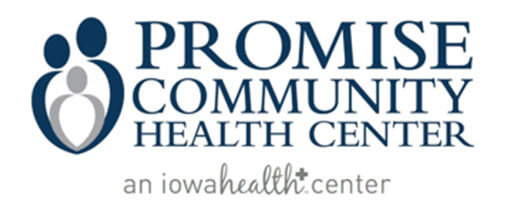
When most think of the title for someone that bridges the gap in conversation between two languages, the term translator often comes to mind. Although the term is widely used, it is a common error made by those who are actually referring to an interpreter. So what’s the difference and why is it important to have qualified interpreters in healthcare?
An interpreter is someone who translates spoken words orally while translator converts written text from one language to another. The two most common types of interpretation are simultaneous (done at the same time as the speaker) and consecutive (done immediately after the original phrase). In the medical setting, consecutive interpretation is most commonly used to facilitate appointments.


The importance of having qualified interpreters in those medical appointments is something that we are passionate about at Promise. We understand that providing medically-qualified interpreters ensures correct interpretation of challenging medical terminology and can improve communication between the provider and patient. Interpreters also have a strong code of ethics that requires them to act faithfully, impartially and confidentiality while providing interpretation services to our patients. Finally, research also shows that the use of qualified interpreters helps reduce misdiagnosis, improves patient satisfaction and leads to better health outcomes.
At Promise Community Health Center, we have currently have interpreters in every department for a total of 13 interpreters on staff in the clinic. Two of our full-time interpreters have achieved certification through the National Board of Certification for Medical Interpreters or NBCMI. Some of our interpreters are also currently working towards that same certification and others have a degree in Spanish interpreting and translation. It is our Promise to provide the best possible care to our patients and having trained interpreters at our clinic is one of many ways that we aim to do that.



